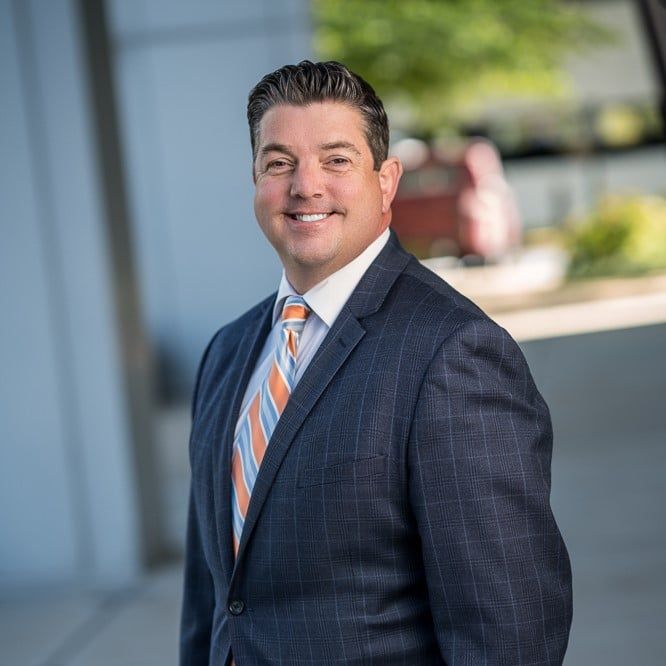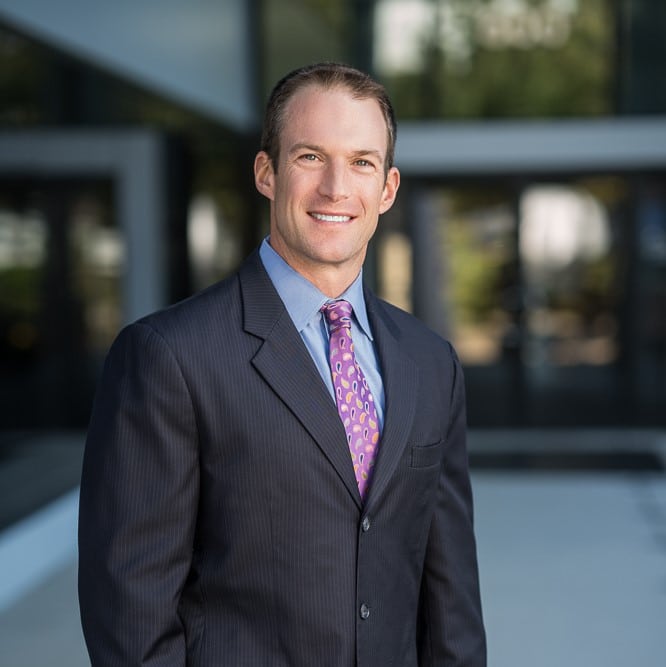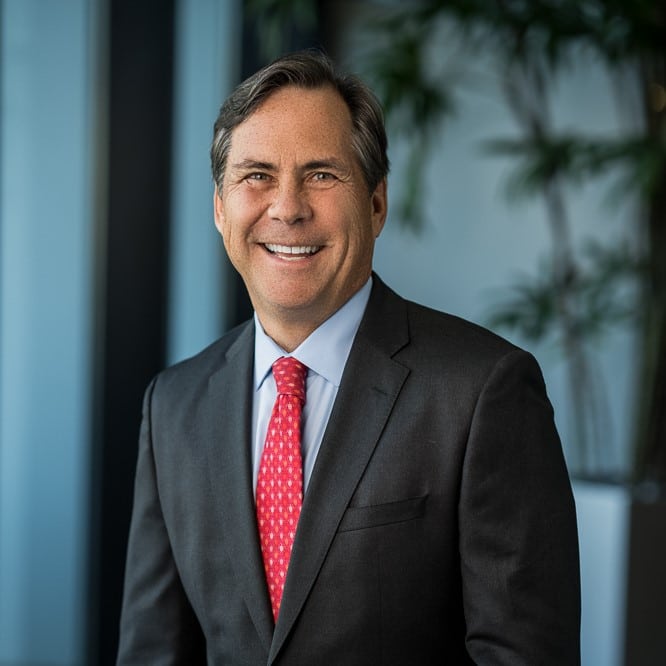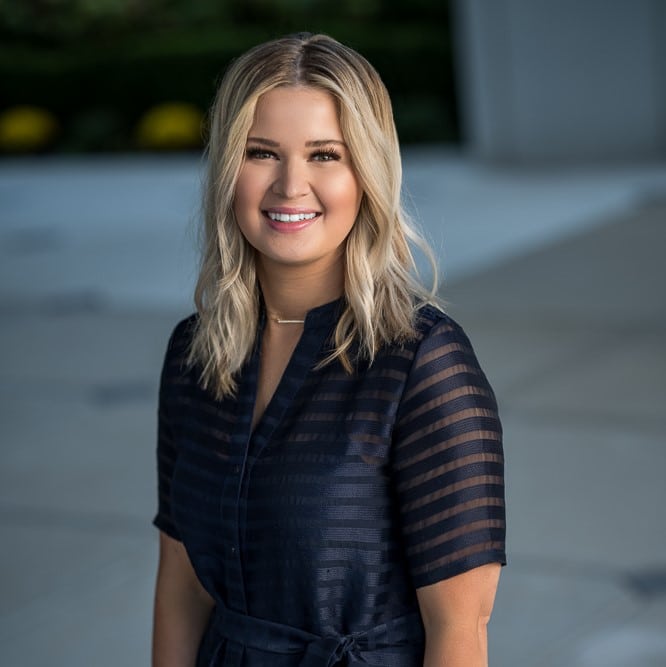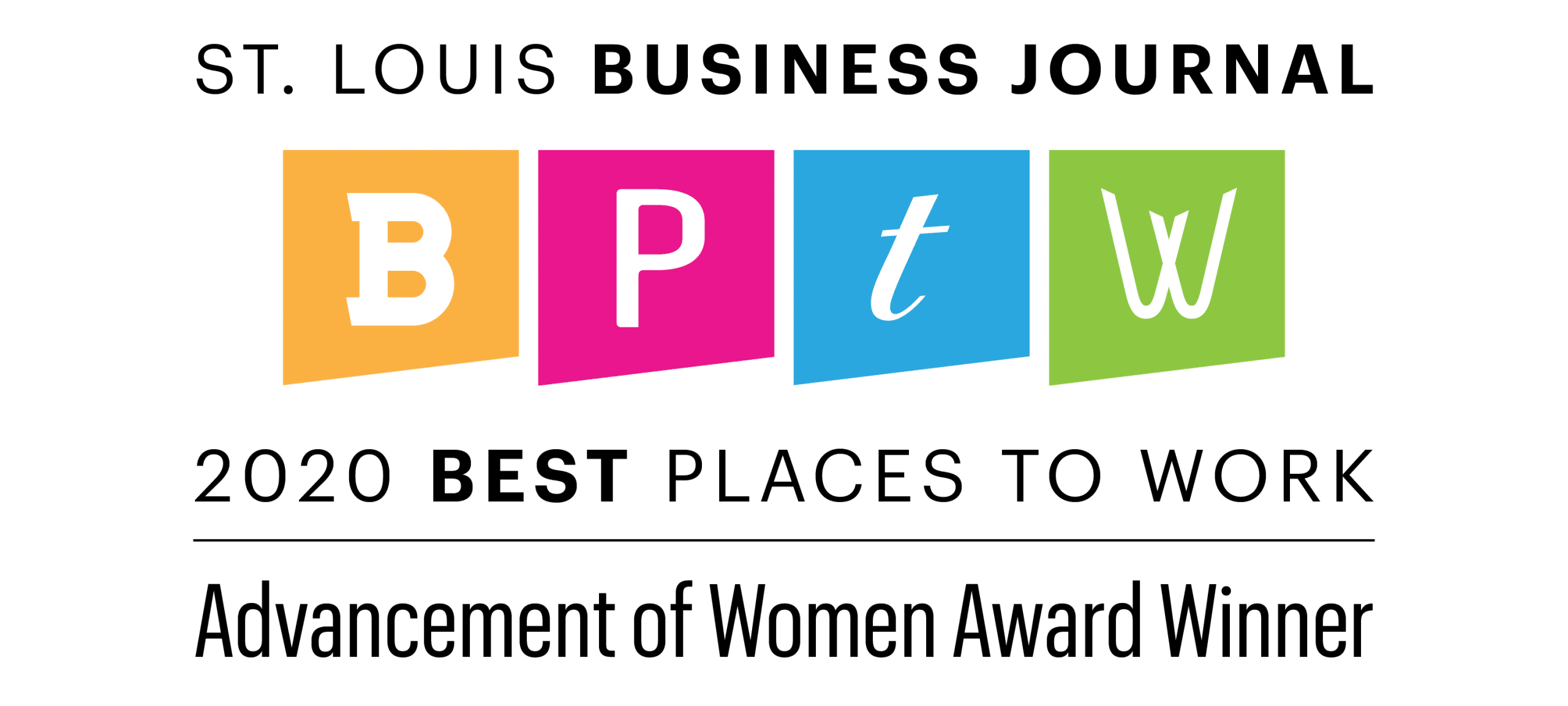What does a legacy look like?
“Legacy” is defined in different ways. Some of the most common dictionary sources cite definitions similar to this:
leg•a•cy – something (such as property or money) that is received from someone who has died. We at Krilogy have a different viewpoint. You probably do, too.
Our clients often see their legacy as being partly material, but mostly conceptual. The things they most want to leave behind aren’t things at all, but a mindset of values and disciplines. They have saved, and in many cases sacrificed, throughout their lives to not only help ensure a comfortable retirement, but to provide for their children and loved ones.
What most of our clients want for themselves is to retire comfortably and do a few of the things they’ve dreamed about. We don’t often hear them talk about leaving large sums of money to their children, although each situation is different and enjoyable to explore. However, they frequently talk about doing something special for their grandchildren. That often relates to leaving them with the means for an excellent education. That’s because they feel that it’s about not giving them the proverbial boatload of fish, but rather they feel strongly about leaving them with the ability to learn how to fish, and perhaps even build a fishing business some day.
They’re interested in giving them access to opportunities and reinforcing values like hard work, the pursuit of education, and the discipline to save and work toward leaving a legacy of their own. When we assist in the development of effective Estate Plans that align with their values, their financial legacy becomes a truly beneficial gift. The ultimate satisfaction is found in seeing their plans and efforts come to fruition.
The common investor and the uncommon legacy
Leaving a legacy isn’t reserved for the rich, although high wealth clients certainly find remarkable ways to make a difference. But the common investor can make an important difference in their world, regardless of their age. It’s all about vision and planning ahead. Don’t “table it.” Start while you can.
It’s not uncommon for people to put off the idea of legacy planning simply because they don’t believe they have the resources and because they lack the accountability partner (financial advisor) that takes the lead to prioritize and accomplish it. They wait until they’re retired to give it any thought. But those who commit to building a solid plan and follow through with annual review discussions around it, frequently have an eye-opening experience. The future, of course, can’t be predicted, but their likely outcomes are typically more encouraging than they imagined and it’s always worth the peace of mind to explore.
What that means for the common person is that they can indeed make a difference, both during and after their lifetime. This is how we help our clients balance their current needs with plans to benefit others.
Some typical ways to plan your legacy
Your own legacy plan might have several components. Some of them relate to education for family members. Other components relate to charitable giving. Here are three possible options. The legal component of Estate Planning is a critical piece and should not be ignored1.
529 Plan Funding: This education savings vehicle has been effective in legacy planning and also allows the donor to maintain ownership. Although contributions are not deductible, state income tax benefits can be helpful. Earnings in a 529 plan grow federal tax-free and will not be taxed when the money is taken out to pay for college.
Education Trusts: An education trust is typically more appropriate for larger funding amounts. Anyone can set one up for any child, with an unlimited contribution amount. A primary advantage stems from the control that the grantor of the Trust has, as he/she establishes a trustee and creates the parameters for asset distribution over time. From an estate tax perspective, once the trust transfers ownership from the grantor to the beneficiary, the property is no longer included in the grantor’s taxable estate.
Charitable Donor Advised Funds: These funds provide an opportunity for investors to make donations to their vetted charities of choice, while gaining a tax advantage. You may, for example, donate stock that has grown significantly in value. Your long term gain tax burden would be high if you were to sell. A better option might be to put the securities in one of these funds. You can write off the entire value of the stock, while avoiding the tax. The money then stays in the fund until you decide which charity to give it to. Have a discussion with your financial advisor to get more details and to discover if this approach is suitable for your goals and situation.
Estate Planning: This is one of the most common pieces of the legacy puzzle. It consists of several legal documents including, but not limited to, wills and trusts. This kind of planning allows your wishes to be carried out in detail. Get specific about what you will leave, to whom, and under what circumstances. Two examples of many considerations are the age of heirs and care for children with special needs.
The enriching impact of legacy thinking
On one hand, some clients have no plans to leave a legacy. They spent much of their life planning, saving and being responsible with their money. They retire very comfortably with resources that are certain to outlast them. They may have no family or charitable interests that could benefit from their planning and generosity, so we like to encourage our clients to think, not just about their money, but their impact.
On the other hand, we have some clients who are practiced in the art of legacy thinking. During their lifetime they have been intentional about making a difference. They’ve invested their time, energy and resources in organizations and causes that matter to them. They have a vision to make a difference beyond the span of their lifetime. Legacy thinking keeps them active, engaged and enriched with a satisfaction they would not otherwise have. It also fuels their energy to exercise the frugality and discipline required to prepare for a comfortable retirement.
The idea of legacy thinking might be new to you, but the appropriate financial advisor can help you dream about the possibilities and make a specific, actionable plan.
1Krilogy Financial, its employees and financial advisors are not estate planners and cannot provide tax or legal advice. You should consult your estate-planning attorney or qualified tax advisor regarding your situation.
Krilogy Financial® is a registered investment adviser. Information presented is for educational purposes only and is not intend to make an offer or solicitation for the sale or purchase of any specific securities, investments, or investment strategies. Investments involve risk and unless otherwise stated, are not guaranteed. Investors should understand the risks involved of owning investments, including interest rate risk, credit risk and market risk. The value of investments fluctuates and investors can lose some or all of their principal. Krilogy Financial®, its employees and financial advisors cannot provide tax or legal advice. Be sure to first consult with an attorney, qualified financial adviser and/or tax professional before implementing any strategy discussed herein. Past performance is not indicative of future performance.
Securities offered through Saxony Securities, Inc. (“SSI”) Member FINRA/SIPC. Saxony Securities, Inc., Headquartered at 86 Kenrick Plaza, St. Louis, MO 63119. SSI and Krilogy Financial® are not affiliated.

